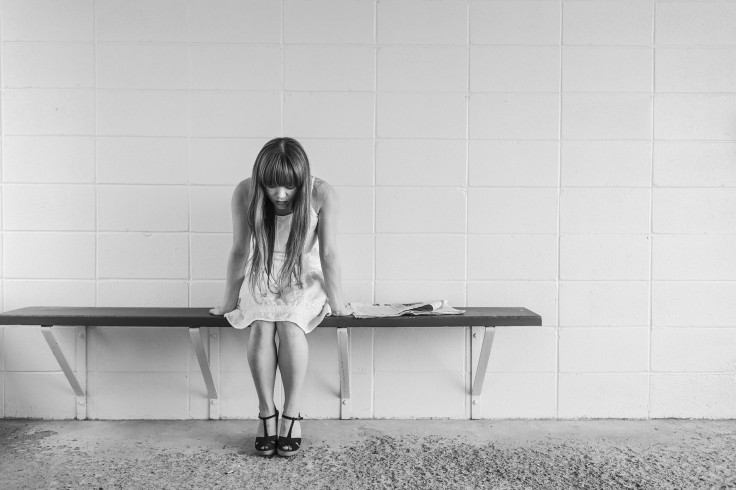Society Views People With Mental Health Problems As Much More Dangerous Than They Really Are

Your beliefs about people with mental illness are probably wrong, according to a new study looking at the social stigma of mental health disorders. Researchers from the University of Basel and the University Psychiatric Clinics Basel in Switzerland have published their findings on what people think about mental health disorders in the Scientific Reports journal.
Read: Depression Not Just A Mental Illness; It's A Systemic Disease That Affects The Entire Body
Scientists found that one of the most prevalent beliefs is that people with mental illnesses are more dangerous than they really are, according to a release. They note that while some mental illnesses can increase risk of violence, most do not.
Researchers surveyed 10,000 people in the canton of Basel Stadt, a city state in Switzerland. They gave participants fake medical histories and asked how dangerous the patients were. About half of the cases depicted various mental illness symptoms, like psychosis or borderline personality disorder, while the other cases just provided information on where the treatment took place, for example a psychiatric hospital or general hospital with psychiatric ward.
Results from the study showed that cases which described symptoms led to an increased perception of danger, and those who were dependent on alcohol were thought of as particularly dangerous. Patients who received treatment in a general hospital were believed to be less threatening compared to those in a specialized facility. They also discovered that people with previous experience with mental disorders rated sufferers as less dangerous.
Read: 6 Different Types Of Depression, From Bipolar Disorder To Seasonal Affective Disorder
The study authors believe anti-stigma initiatives should include education about the lack of danger in dealing with those who have mental illness in addition to increasing familiarity with various treatment methods. According to the National Alliance on Mental Illness, about 1 in 5 Americans experience a mental health condition each year, and approximately 1 in 25 adults will experience severe problems that inhibit everyday activities.
See Also:
Depression And Anxiety Symptoms: How Mental Health Disorders Affect The Human Body



























